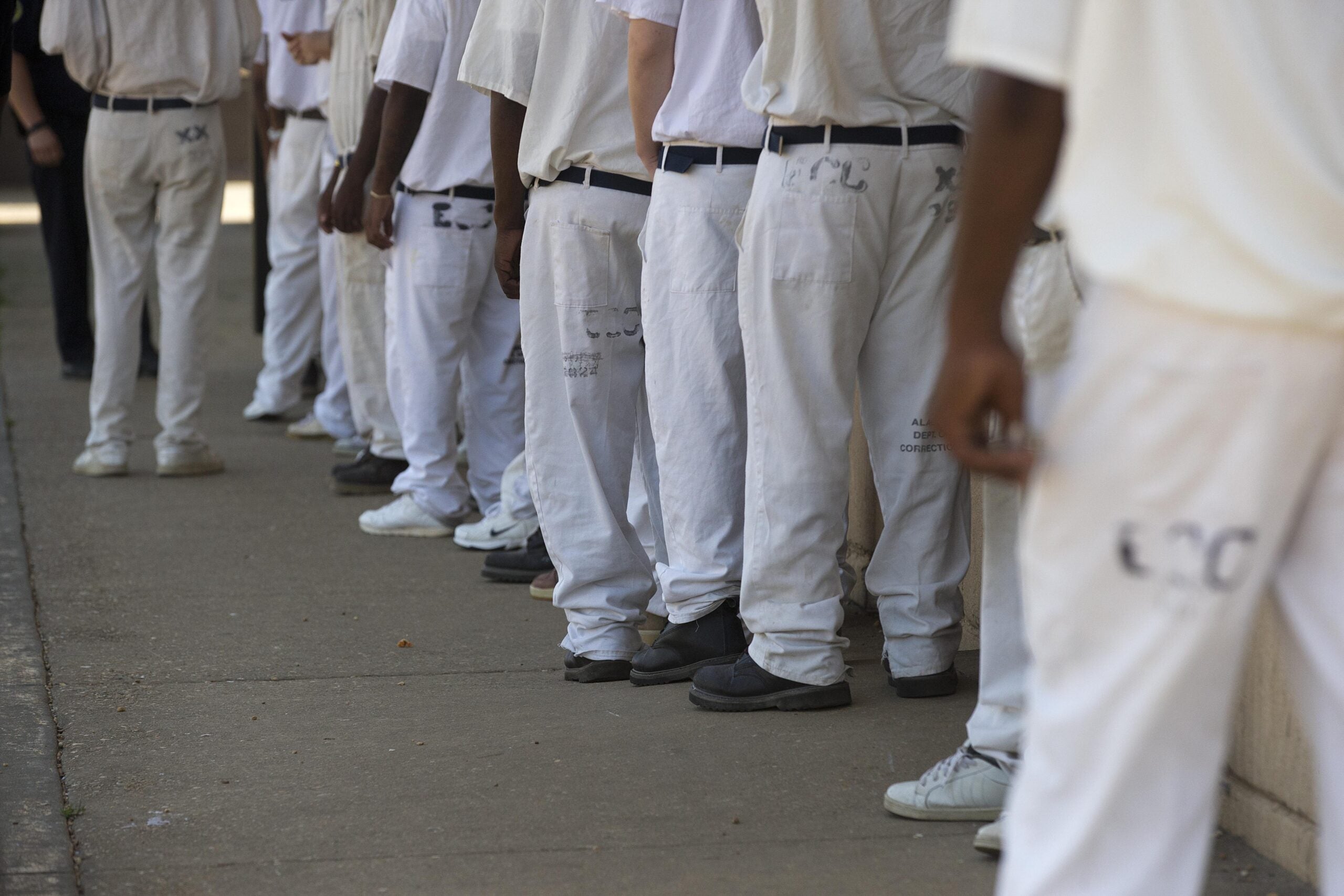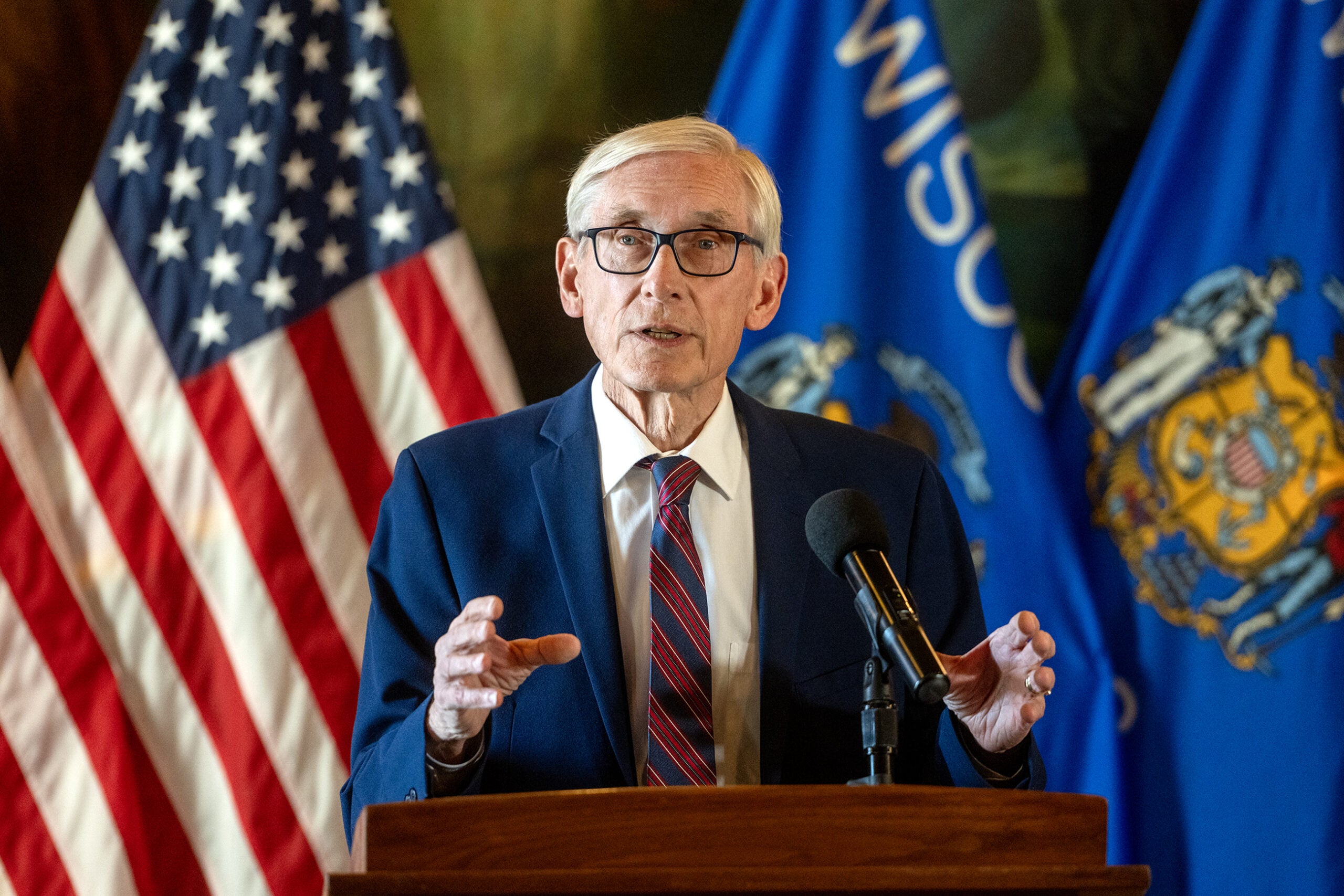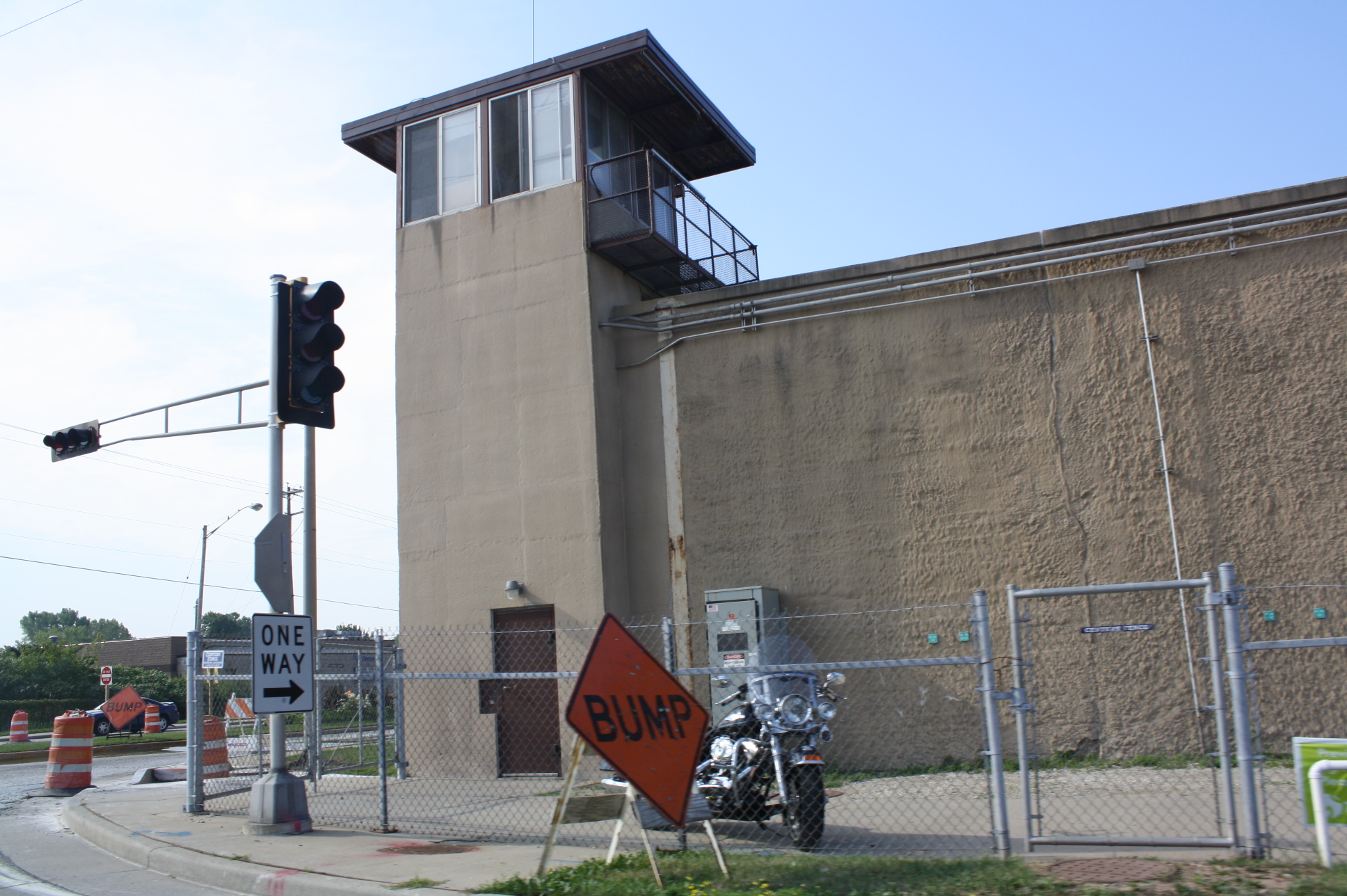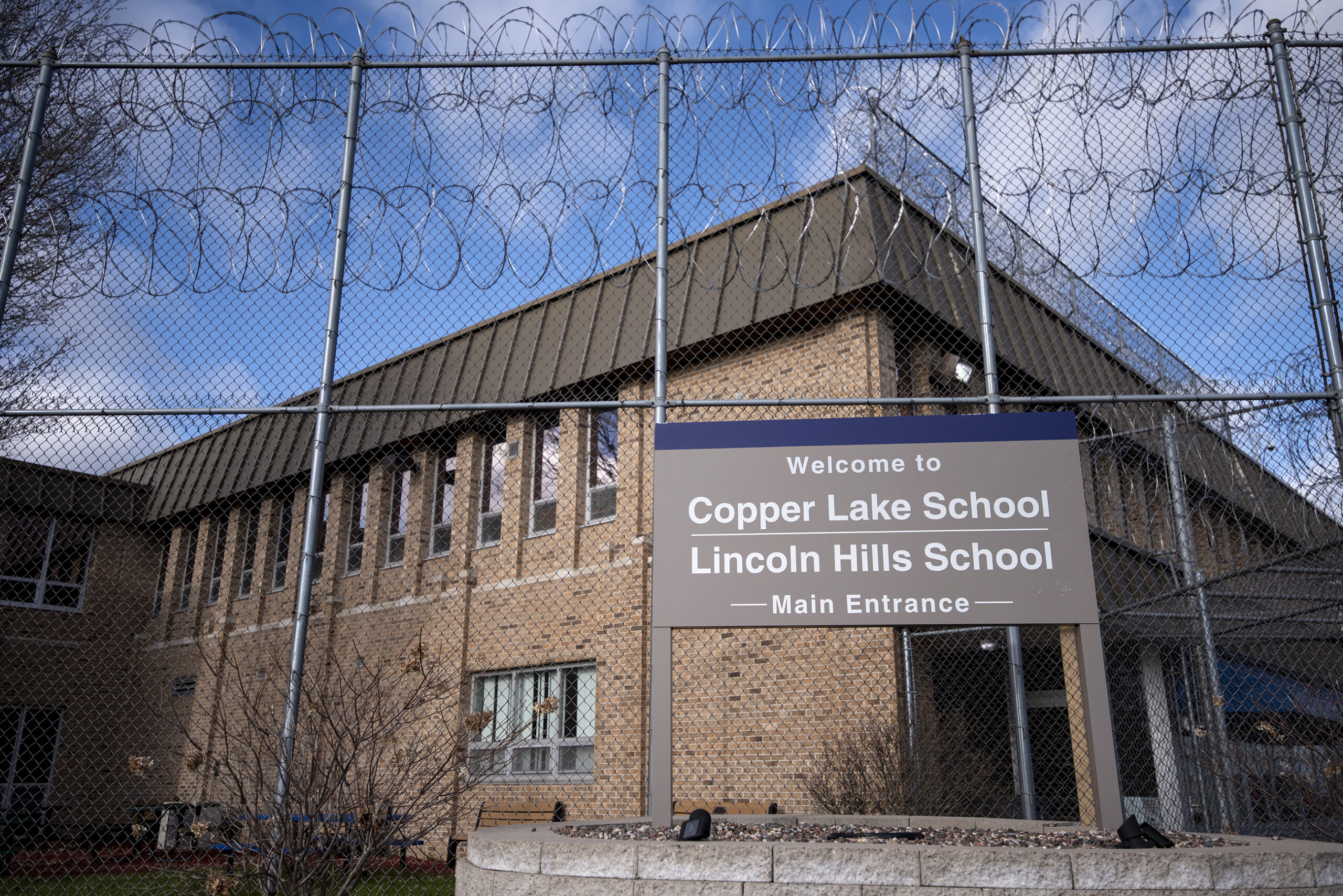On the campaign trail last year, Gov. Tony Evers vowed to overhaul parts of the state’s criminal justice system, calling for cutting the prison population in half and returning 17-year-olds to the juvenile justice system.
While the governor’s budget meet some of his campaign promises, others appear absent and have drawn criticism from change advocates. This has prompted state Department of Corrections Secretary-designee Kevin Carr to urge patience that new reforms are on the horizon.
“Just wait and see,” Carr said. “The governor’s only been in office for three-and-a-half months, and there’s much work to be done and there’s some time left to do it.”
News with a little more humanity
WPR’s “Wisconsin Today” newsletter keeps you connected to the state you love without feeling overwhelmed. No paywall. No agenda. No corporate filter.
In terms of what’s in the budget, criminal justice reform advocate David Liners said there are some parts he is pleased to see. Specifically, Liners, who is the state director of WISDOM, a grassroots, faith-based organization advocating for criminal justice reform, pointed out the governor’s pledge to address some of the mental health issues that inmates face.
One way the governor has proposed to do this is by expanding the Opening Avenues to Reentry Success program, which focuses on the needs of mentally ill people who are released from facilities and entering communities. Participants in the program will receive more mental health treatment, job training, medication, housing and other supports. Currently, the program is offered in 44 counties, and Evers wants to see it in all 72 counties.
Evers’ 2019-21 budget also includes plans for reducing the rate of recidivism, or re-offense, as well as supplying funding for four more institution-based job centers, which would help get inmates jobs. The state has one currently located at the Oakhill Correctional Institution.Expanding the Windows to Work program would also help inmates learn skills need for employment, according to the budget. The program would be expanded to all minimum- and medium-security institutions.
But what has stuck out to Liners and others — and seems to directly compete with campaign promises from Evers — is that the budget calls for increasing the size of the state’s prison system.
“(That) leads one to believe that there’s not a very aggressive plan to reduce the prison population,” he said. “As a first step to reduce the prison population by half, it doesn’t seem like you would expand the capacity.”
Another critique that Liners levied against Evers is that the governor has been slow to name a chair to the parole commission, which could address the hundreds of people eligible for release, he said.
“That’s something he could do and could actually make a point of moving very quickly,” he said.
Carr said the governor is in the process of making that selection.
“I believe that with a new commissioner comes a new perspective on parole eligibility and a more expansive view of who should be eligible for that parole,” he said.
Additionally, Liners said Evers and the state Department of Corrections could cut back on the number of crimeless revocations, which refer to people sent back to prison for violating terms of supervisions, but not breaking any laws.
“That’s almost 5,000 people in our prisons who aren’t there because of having committed a crime,” he said.
Carr said concerns over what’s included in this budget might be preliminary, especially in light of the possibility that separate proposals on criminal justice reform could come before the Legislature in the future. He said at the end of Evers’ first term, he would like to see is the recidivism rate drop because of improved re-entry effort outcomes, significant decreases in the number of people in custody due to bipartisan legislative efforts and see improved staffing levels.
Wisconsin Public Radio, © Copyright 2026, Board of Regents of the University of Wisconsin System and Wisconsin Educational Communications Board.







